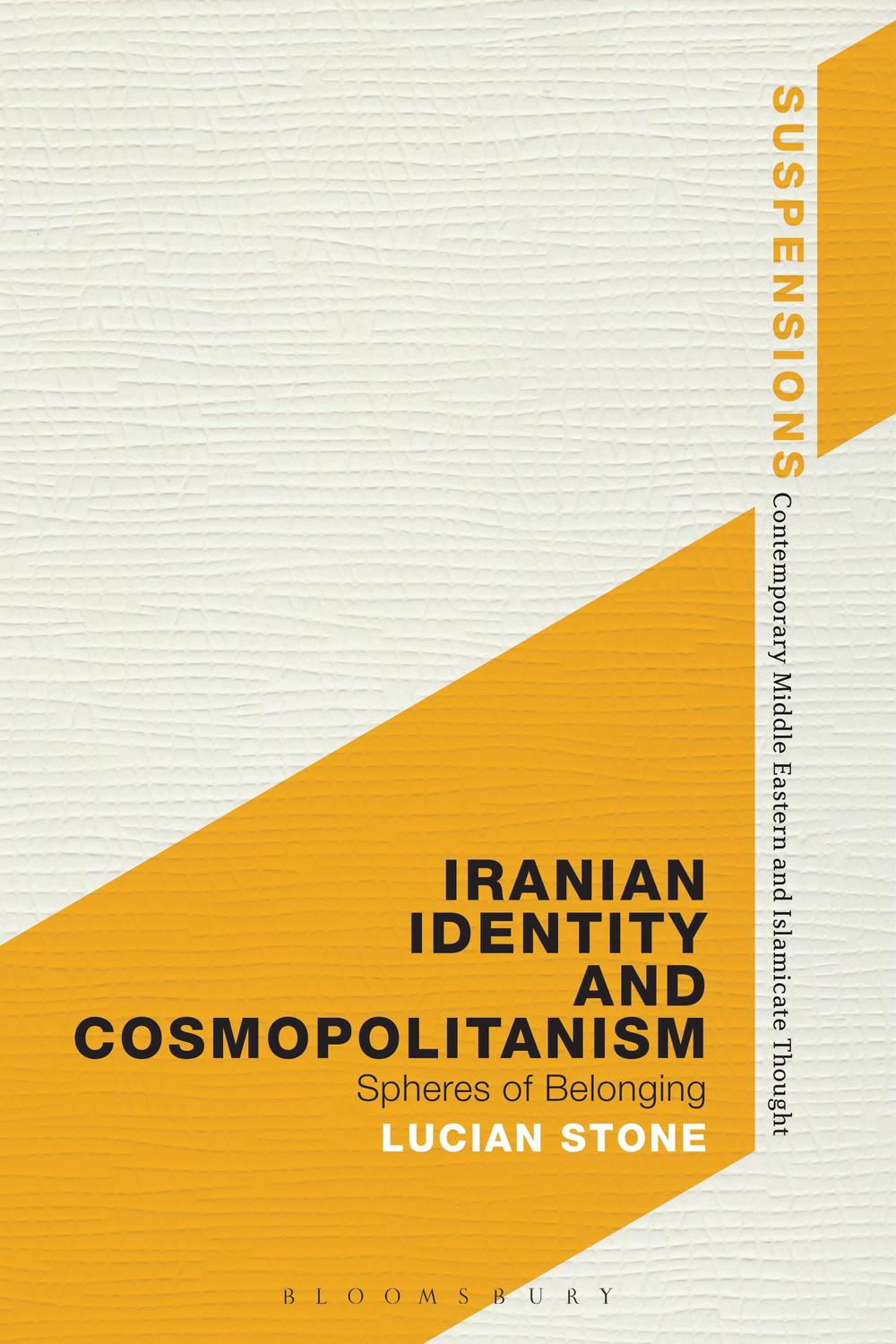
Iranian Identity and Cosmopolitanism PDF
257 Pages·2014·7.1374 MB·other
Most books are stored in the elastic cloud where traffic is expensive. For this reason, we have a limit on daily download.
Preview Iranian Identity and Cosmopolitanism
Description:
Since cosmopolitanism has often been conceived as a tenet of Western civilization that emanates from its Enlightenment-based origins in a humanist age of modernity, Iranian Identity and Cosmopolitanism Spheres of Belonging advances a highly innovative gesture by contemplating the implications and relevance of the idea in a so-called non-Western cultural territory. The particularities of the Iranian and Islamic context shed new light on advancements and obstacles to cosmopolitan praxis. The volume provides four principle disciplinary assessments of cosmopolitanism philosophy, political science, sociology, and cultural studies,including literary criticism. The authors in this collection critically examine topics including the historical encounter between Iranian and Western thinkers and its impact on Iranian political ideals the tension between maintaining apolitical-theology rooted in metaphysical assumptions and the prerequisite of secularism in cosmopolitan and democratic philosophies. This highly innovative volume will be of interest to scholars and students of Middle Eastern and Iranian Studies, Islamic Studies, Globalization, Political Science and Philosophy. *Review Iranian Identity and Cosmopolitanism has numerous contributors. They represent a broad spectrum of Iranian intellectuals who have immigrated to North America. Their disciplines include history, political science, comparative literature, philosophy, and religious studies. The chapters are wide ranging in topics, from citizenship and democracy to dissidence and martyrdom. Women as well as minorities find their voices among these contributors. -- Bruce B. Lawrence, Duke University SCTIW Review * A groundbreaking work and a particularly welcome addition to the existing literature about Iranian sense of identity and belonging. From Lucian Stones literary analysis to Nasrin Rahimiehs personal narrative about Iranian identity and cosmopolitanism, the essays in this edited volume cross the borders, which place the so-called Western cosmopolitanism within a non-western territory. The volume broadens our understanding of the dynamics of and intersections between Western and non-Western cultures vis-a-vis identity construction and cosmopolitanism. -- Claudia Yaghoobi, Assistant Professor of English and International Literature, Georgia College and State University, USA Iranian Identity and Cosmopolitanism is a welcome addition to the literature on contemporary Iran and cosmopolitanism. Through the lenses of a host of disciplines-- from Philosophy to Political Science and History to Comparative Literature-- the authors of this collection demonstrate the complexities of Iranian identity and the pull of the past in the context of contemporary social upheaval. In addition to academic rigor, these essays are inspired by the life experiences of the authors which lends the work the kind of authenticity and urgency lacking in most academic discourse. The specific topics of inquiry range from citizenship and democracy secularism and religion gender, class, and national identities dissent and the status of minorities and, to boot, a critique of cosmopolitanism itself. Cosmopolitanism turns out to be a wide-angled lens which encompasses the full spectrum of thinking about Iranian identities. -- Steve Tamari, Associate Professor of Middle East and Islamic History, Southern Illinois University, USA Lucian Stone has edited a truly outstanding study which promises to advance both our understanding of contemporary Iran and the spectre of cosmopolitanism. The contributions elucidate the hybridity of the meaning of Iran and situate the blind-spots of hegemonic designations of Iranian identity. The unique quality of the contributions merits the inclusion of the book in the cutting edge Suspension series. -- Arshin Adib-Moghaddam, Chair of the Centre for Iranian Studies, SOAS, University of London, UK, author of On the Arab Revolts and the Iranian Revolution Power and Resistance Today (Bloomsbury, 2013) The authors assembled here have reflected critically on the edifice, prerogative, and interludes of cosmopolitanism as it relates to Iran and beyond. I came away from this book with a better appreciation of the spirit of e pluribus unum. -- Mehrzad Boroujerdi, Professor of Political Science, Syracuse University, US Book Description The first book-length treatment of Iran and Cosmopolitanism across a range of disciplines, written by leading scholars
See more
The list of books you might like
Most books are stored in the elastic cloud where traffic is expensive. For this reason, we have a limit on daily download.
